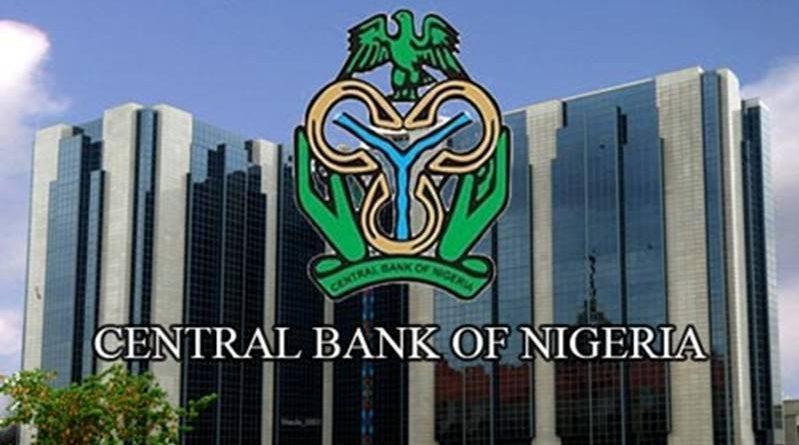Banks’ Credit to the Nigerian Economy Grows by 11% and hits N84 Trillion in June
According to the Central Bank of Nigeria’s (CBN) Money and Credit Statistics, banks’ net domestic credit to the Nigerian economy stood at N84 trillion in June 2023, representing an 11% rise on a month-on-month (MoM) basis from N75.49 trillion in May 2023.
Credit to the private sector was N52.8 trillion during the quarter, a 17.9 percent rise from N44.78 trillion in May 2023. In addition, credit to the government increased by 1.6 percent in June 2023, reaching N31.2 trillion from N30.7 trillion in May 2023. The currency-in-circulation (CIC) climbed by 4% MoM to N2.6 trillion in June 2023 from N2.5 trillion in May 2023, according to the figures.
Similarly, currency outside banks increased by 4.15 percent from N2.17 trillion in May 2023 to N2.26 trillion in June 2023. The significant increase in credit to the private sector, which received a higher percentage of total credit, should be maintained, as the private sector requires these credits for productive investments in the economy, such as starting or expanding businesses, which is critical for job creation and income generation.
The government continues to benefit from credit extended to the private sector through taxes levied on the magnitude of these firms’ activities. As a result, credit to the government should be kept low in order to avoid crowding out, which could limit the amount of money accessible to the private sector.
Furthermore, in the face of rising inflation, monetary authorities should keep the CIC under control, as excess liquidity, implying an economy with a surplus money supply, is one of the inflationary drivers. The expansion of credit in the economy can only have a positive influence if it is used wisely. As a result, there should be openness in the management of these funds, as well as the provision of infrastructure and other forms of assistance that can boost the yield of these credits when invested in the economy.




